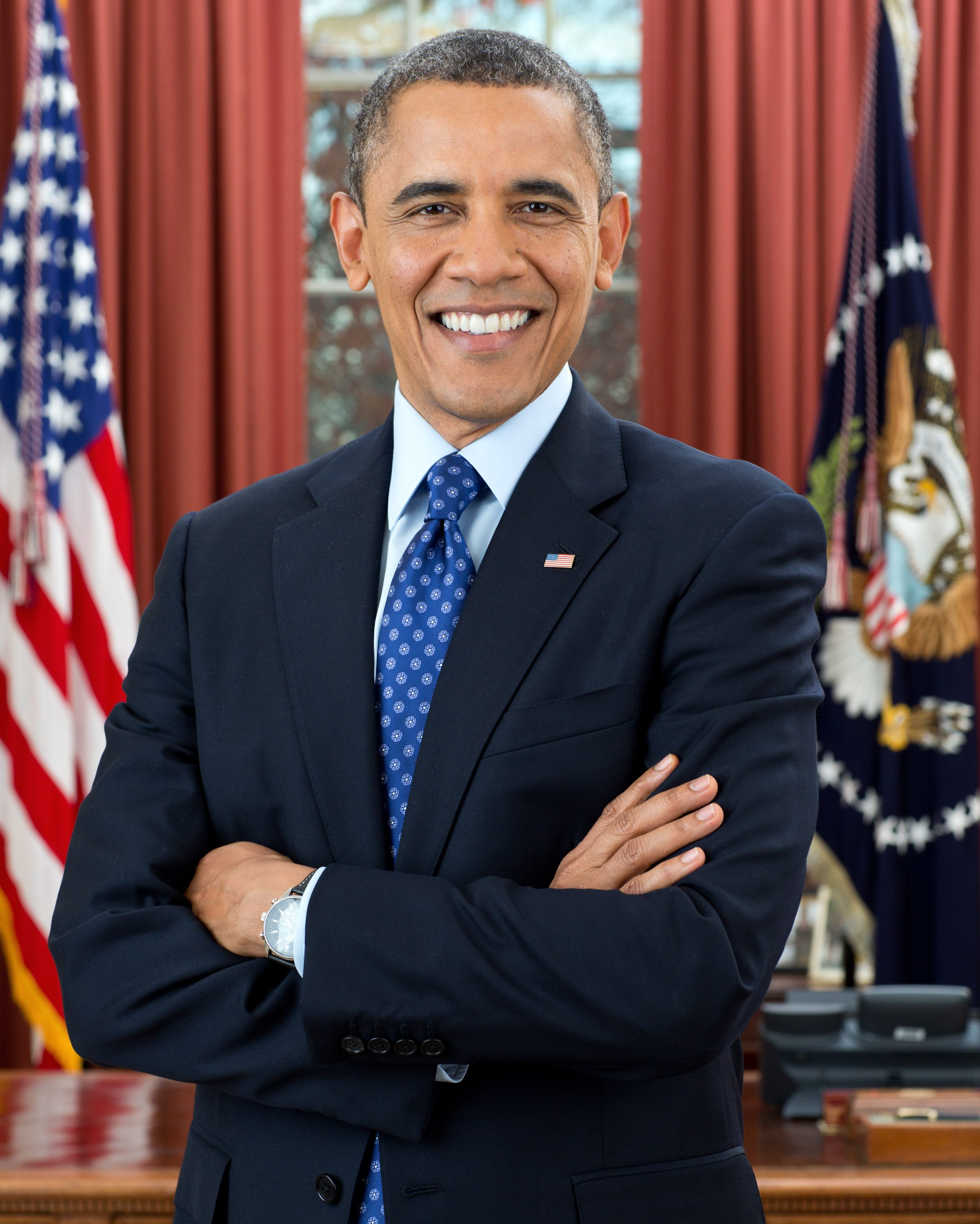Discours de défaite aux primaires du New Hampshire
Barack Obama citations célèbres
we will remember that there is something happening in America, that we are not as divided as our politics suggest, that we are one people, we are one nation.
Discours de défaite aux primaires du New Hampshire
There is not a liberal America and a conservative America — there is the United States of America. There is not a Black America and a White America and Latino America and Asian America — there’s the United States of America.
en
Discours du 27 juillet 2004 à Boston, lors de la convention démocrate.
Discours au congrès démocrate de 2004
“L'information détenue par le gouvernement fédéral est un bien national!”
Information maintained by the Federal Government is a national asset.
en
Quatre mois après l'investiture de Barack Obama du 20 janvier 2009, data.gov rendait accessibles des données publiques telles que la consommation d'énergie dans les foyers, les rapports d'inspection des centrales nucléaires, les dépenses de l'état...
If there is anyone out there who still doubts that America is the place were all things are possible, who still wonders if the dream of our fathers is alive in our times, who still questions the power of our democracy, tonight is your answer.
en
Discours du 4 novembre 2008 à Chicago, pour la victoire aux élections présidentielles.
Discours de victoire
Dreams from My Father: A Story of Race and Inheritance
Dreams from My Father: A Story of Race and Inheritance
Dreams from My Father: A Story of Race and Inheritance
Barack Obama: Citations en anglais
Floor Statement on President's Decision to Increase Troops in Iraq (19 January 2007)
2007
2015, Remarks to the Kenyan People (July 2015)
2017, Farewell Address (January 2017)
2015, Naturalization Ceremony speech (December 2015)
2011, Address on interventions in Libya (March 2011)
2017, Farewell Address (January 2017)
Remarks by the President on the Economy, Knox College, Galesburg, Illinois (24 July 2013) http://www.whitehouse.gov/the-press-office/2013/07/24/remarks-president-economy-knox-college-galesburg-il
2013
Obama Racial Profiling (10-27-2015) http://www.huffingtonpost.com/entry/obama-racial-profiling_us_562fde34e4b00aa54a4ba5f2
2015
2014, Statement on Cuban policy (December 2014)
Interview in Shanghai, as quoted in China Daily (17 November 2009)
2009, Town Hall meeting in Shanghai (November 2009)
2016, Memorial Service for Fallen Dallas Police Officers (July 2016)
2015, Eulogy for the Honorable Reverend Clementa Pinckney (June 2015)
2013, Fifth State of the Union Address (February 2013)
2011, Remarks at a Dedication Ceremony for the Martin Luther King, Jr., National Memorial (October 2011)
2011, Tucson Memorial Address (January 2011)
Interview on radio staion 610 WIP (20 March 2008), as quoted in Chris Wallace criticizes Fox & Friends for "two hours of Obama bashing" in which hosts "distort … what Obama had to say" (21 March 2008) http://mediamatters.org/print/research/200803210008
2008
2016, Memorial Service for Fallen Dallas Police Officers (July 2016)
2014, Young Southeast Asian Leaders Initiative Town Hall (April 2014)
Statement by the President on the Situation in Paris https://www.whitehouse.gov/the-press-office/2015/11/13/statement-president-situation-paris (November 13, 2015)
2015
2016, News Conference With Chancellor Angela Merkel of Germany (November 2016)
2014, Remarks to the People of Estonia (September 2014)
2009, First Inaugural Address (January 2009)
Remarks by President Obama in Address to the United Nations General Assembly (24 September 2013) http://www.whitehouse.gov/the-press-office/2013/09/24/remarks-president-obama-address-united-nations-general-assembly
2013
2014, Remarks to the People of Estonia (September 2014)
Announcement of Candidacy for President of the United States. (10 February 2007)
2007
2013
2015, Commemoration of the 150th Anniversary of the 13th Amendment (December 2015)
2009, First Inaugural Address (January 2009)
New York Times Op-Ed "Grounding a Pandemic" (6 June 2005) http://www.nytimes.com/2005/06/06/opinion/06obama.html?ex=1275710400&en=69f51e47097d5dd9&ei=5090&partner=rssuserland&emc=rss by Barack Obama and Richard Lugar
2005
